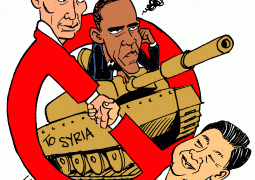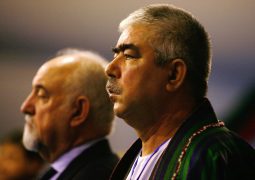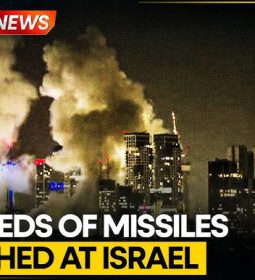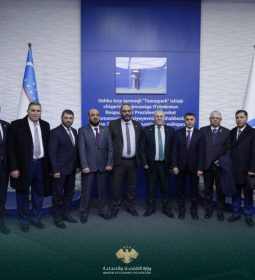Israel’s boms in Doha will alter security paradigm in Middle East: Turks say


The assault on Qatar was more than another episode of violence; it marks a fundamental break in the Middle East security paradigm that has been constructed over the past half-century
For decades, the Middle East operated under a fragile but enduring security arrangement. The United States, inheriting Britain’s role, transferred much of the region’s oil wealth into its own treasury while offering Saudi Arabia and the Gulf monarchies implicit guarantees of protection. This deal, though imperfect, allowed Arab rulers to believe their survival could be bought with petrodollars.
Meanwhile, Israel expanded its occupation of Palestine and carried out periodic strikes on Lebanon, Iran and others. Yet, under the Anglo-American shield, Arab governments felt insulated.

After U.S. President Donald Trump took power, his vision was not limited to merely safeguarding Israel and the Gulf countries. Trump sought to forge the Abraham Accords for a long-lasting peace between the Arabs and Israel, in other words, an Arab submission to Israel under the cover of normalization.
Mass expulsion
Since the eruption of the Gaza massacre, Israeli Prime Minister Benjamin Netanyahu has pursued a chilling goal: the mass expulsion of Palestinians from Gaza, perhaps to Egypt or even Saudi Arabia. What seemed unthinkable is now openly discussed. The Arab states, however, have remained silent in the face of Trump’s and Netanyahu’s deranged, genocidal vision – one that uproots people from their lands, homes and very existence. It was Qatar – a state with strong legitimacy among Arabs and a tradition of noble leadership – that tried to play mediator, seeking to deliver aid and relief to Gaza.

The Gulf states – Saudi Arabia, Qatar, the UAE, Oman and Bahrain – until now considered themselves as secure as London, Paris or New York, their only anxieties being whether Iran might invade or whether the U.S., as in the case of Saddam’s Iraq, could step in to eliminate regional threats. Their calculus was simple: buy stability, outsource defense.

Egypt, with its demographic and military weight, retains the hallmarks of a nation-state capable of resistance.
What would Netanyahu not do?
If one were to ask, “What would Netanyahu not do?” the answer is simple: there is nothing this genocidal killer, heir in spirit to Hitler, would refrain from. And indeed, he has now gone so far as to launch an attack on Qatar itself – mounting a military operation to eliminate the very party negotiating with him under the roof of a sovereign state. Rarely in modern history has a state tried to annihilate the party negotiating with it in wartime. Israel has once again revealed itself as a rogue state, beyond the boundaries of international norms.

The assault on Qatar is not just another episode of violence. It symbolizes the unraveling of the Anglo-American security architecture, which was designed over half a century. If even Qatar, a wealthy ally deeply embedded in Western networks, can be attacked with impunity, then no Arab state can consider itself protected. The old deal – petrodollars in exchange for security guarantees – is broken.
From this point forward, neither Saudi Arabia nor the UAE, nor any other Arab state, can believe money alone will buy safety. If Arab and Muslim nations treat the strike on Qatar as a passing incident, they risk condemning themselves to a future where none can ensure their own security. One by one, they may find themselves on Israel’s target list.

The Gulf countries now face a strategic crossroads. History may look back at the strike on Qatar not just as another act of Israeli aggression, but as the moment the old Middle Eastern security doctrine collapsed. Inevitably, the Gulf nations will now be compelled to seek new alliances and security arrangements in a rapidly shifting regional order.
About the author
İhsan Aktaş is Chairman of the Board of GENAR Research Company. He is an academic at the Department of Communication at Istanbul Medipol University.
- Previous Beijing probes US semiconductors, Washington threatens more tariffs, ahead of Madrid trade talks
- Next Sole Question Remain: Where and When Netanyahu’s Gambles Stop sowing fire and destruction!?
















